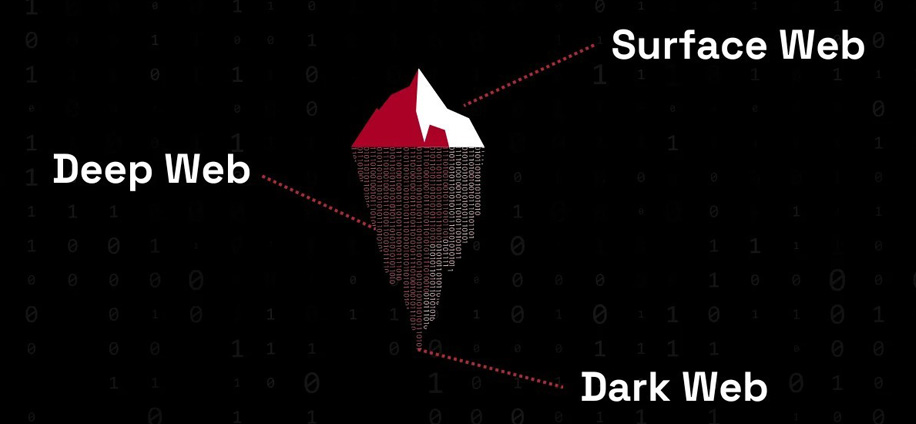Dark Web Search Engines: Ranking the Best (and Worst) Onion Crawlers

Search engines make the surface web feel endless—but organized. Google, Bing, and DuckDuckGo index billions of pages with polished accuracy. The dark web, in contrast, is chaotic. It’s a maze without a map.
Traditional search engines don’t touch .onion domains. These sites live inside the Tor network, require specialized access, and are frequently offline. To search them, users rely on onion crawlers—dedicated dark web search engines that index hidden services.
But not all crawlers are created equal. Some index dangerous sites. Others deliver malware. Many serve more ads than results. A few, however, actually work.
How Onion Crawlers Operate
Crawling the dark web is a different beast. Onion sites lack permanence. Domains change without notice. Services come and go within days. Pages are often password-protected, encrypted, or deliberately unindexable.
Challenges Faced by Crawlers
- Volatility: Sites disappear constantly, often after a single visit.
- Lack of sitemaps: Onion services rarely follow standard indexing rules.
- Security traps: Some sites detect and block crawlers—or worse, plant malware.
- Ethical boundaries: Crawlers must decide what to index and what to ignore. Many draw the line at illegal content. Others do not.
With no central authority or universal protocol, dark web crawlers reflect the values—and risks—of their creators.
Ranking the Onion Crawlers
After evaluating their usability, uptime, safety, and depth, here’s how the top dark web search engines stack up in 2025:
🥇 Ahmia — The Cleanest and Most Reliable
- Access: https://ahmia.fi (clearnet) + Tor mirror
- Focus: Only indexes “safe” and legal onion sites
- Strengths: Clean interface, uptime tracking, well-maintained database
- Weaknesses: Doesn’t index marketplaces or controversial forums
Ahmia is often the first stop for researchers, journalists, and privacy advocates. Its partnership with the Tor Project gives it credibility. If you're looking for legitimate services—like whistleblower platforms, encrypted email, or news archives—Ahmia delivers.
🥈 Phobos — Curated and Community-Powered
- Access: .onion only (invite-based)
- Focus: Curated list of active services and vetted mirrors
- Strengths: Updated by a private group, low scam risk, high uptime
- Weaknesses: Hard to access, no keyword-based crawling
Phobos doesn’t crawl—it curates. Rather than index the entire dark web, it maintains a verified directory of trusted sites. Many users compare it to a private club version of the Hidden Wiki. Perfect for those seeking reliability over range.
🥉 Kilos — For Market and Vendor Research
- Access: .onion only
- Focus: Indexes market listings, vendors, and forum posts
- Strengths: Search by vendor name, product type, or PGP key
- Weaknesses: Operates close to the line legally, and risks surveillance
Kilos evolved from a market-specific tool into a full dark web research engine. If you’re tracking a vendor’s history across multiple marketplaces or looking for stolen databases, this is where professionals go. It’s powerful—but dangerous to use without OPSEC.
⚠️ DuckDuckGo (onion mirror) — Safe, but Not Deep
- Access: http://3g2upl4pq6kufc4m.onion
- Focus: Surface web results via To
- Strengths: Trustworthy, private, familiar interface
- Weaknesses: Doesn’t index actual onion sites
DuckDuckGo’s onion mirror is useful—but misleading. It does not index the dark web. It simply offers clearnet results over a Tor connection. Good for privacy, not discovery.
⚠️ DarkSearch.io — Once Promising, Now Dormant
- Access: Previously clearnet and onion
- Focus: Claimed to index over 6000 onion domains
- Strengths: Beautiful interface, rich metadata
- Weaknesses: Site is now inactive or frequently offline
DarkSearch had potential, offering advanced filters and threat analysis tools. But it’s become unstable. Many links lead nowhere, and updates have stalled. Use only as an archive.
❌ Haystak — Overhyped, Paywalled, and Risky
- Access: .onion + clearnet promo site
- Focus: Market and personal data indexing
- Strengths: Large database (claimed)
- Weaknesses: Expensive subscriptions, ethical concerns, mixed reviews
Haystak is infamous for offering a “premium” dark web search experience—for a fee. Critics accuse it of harvesting user data. Others question its legality, as it allegedly indexes personal data, including doxxing material. Proceed with extreme caution.
❌ TorLinks and OnionLand — Clones and Chaos
- Access: Multiple .onion mirrors
- Focus: Link directories
- Strengths: Appear user-friendly
- Weaknesses: Ad-heavy, scam-prone, often host phishing links
These sites mimic the Hidden Wiki and draw in first-timers. But beneath the surface, most are filled with trap links, fake mirrors, and redirect malware. They appear helpful—but exist to exploit.
How to Search Safely
Even the best onion crawlers can’t protect users who ignore operational security. Searching the dark web is inherently risky without the right setup.
Essential Safety Tips
- Use Tor Browser only: Never use regular browsers or VPN-only access.
- Disable JavaScript: Prevent code execution by turning off scripts.
- Don’t click blindly: Stick to verified links or those vetted by trusted communities.
- Avoid typing real queries: Never enter emails, usernames, or passwords used elsewhere.
- Layer your privacy: Use Tails OS or Whonix when doing deep search work.
Good search engines are only part of the equation. The other half is user discipline.
The Future of Onion Indexing
With AI scraping tools, decentralized archives, and new Tor protocols on the horizon, onion crawling is evolving. But the fundamental challenge remains: the dark web isn’t a network—it’s a fog.
Search engines can light the path. But most of the journey is still walked in shadows.